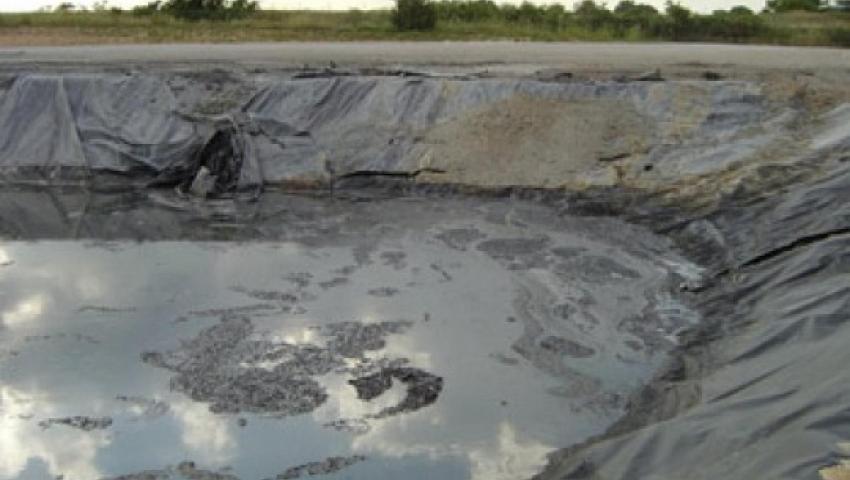Borislav Sandov: The transition to a low-carbon economy precludes the discovery of new fossil fuel deposits
The Ministry of Environment and Water is currently conducting two environmental assessment procedures for oil and gas production in Vranino and Vratsa

Raya Lecheva
After a break of almost ten years, the issue of shale gas is back on the agenda. There is interest in researching to find alternative sources of Russian gas. The Ministry of Environment and Water has not received any "investment proposals" for conducting environmental assessments for shale gas exploration and production, the Ministry of Environment and Water (MoEW) told 3eNews. Currently, however, the ministry is conducting two environmental assessment procedures, incl. and compatibility assessment. This is an assessment of a comprehensive working project for exploration and exploration of crude oil and gas in the area "Block 1-11 Vranino", as well as for exploration and exploration of crude oil and natural gas in the area "Block 1-25 Vratsa West" in Northwestern Bulgaria The procedures for environmental assessment and compatibility assessment are from the Environmental Protection Act and the Biodiversity Act and have not yet been completed, the Ministry of Ecology added.

In shale gas extraction, the risk is primarily for water, especially for groundwater, due to the breaking of rocks in aquifers and the passage of boreholes through water bodies. This is done with the use of large amounts of toxic chemicals. In second place is the risk of fugitive greenhouse gas emissions that accompany the process itself and the time after its completion. Particularly worrying are emissions of methane, which has a 20 times greater greenhouse effect than carbon dioxide. The Deputy Prime Minister and Minister of Environment and Water also commented on the need for negative effects on soils and agricultural lands due to the need for a large number of drillings and the movement of groundwater.
The possibility of the ban falling is within the competence of the National Assembly, provided that the 2012 decision is revoked.
The state does not have the function to assign this type of activities, they are in the field of private initiative. The state can invest in exploring other energy opportunities, such as new renewable sources, such as geothermal energy.
According to energy experts, the estimated reserves and resources of shale gas in Bulgaria are estimated at 480 billion cubic meters, and if the use of fracking is excluded, 30 billion cubic meters can be extracted, which is the country's consumption for 10 years.
The largest shale gas deposits in Europe are in Sweden, Poland and Austria, but it is not yet allowed anywhere in Europe, which has its logical explanation. What do official data say?
Shale gas is a natural gas trapped in fine-grained sedimentary rocks called shales. Drill a vertical well until the shale layer is reached. It is then drilled horizontally through the shale rocks. Holes in the rocks are created by infusing high pressure water. Eventually the pressure is released and the water comes to the surface, so the extraction of gas begins.
About half of the aqueous solution of chemicals and sand remains in the shaft, where for various geological reasons. They can reach the soil and groundwater supplies of drinking water, leading to permanent soil and water damage.
The extracted part of the water mixture (which may already contain radioactive elements and more chemicals found there from the shale rocks) stays in a well, where it is expected to be transported to a treatment plant, but in the meantime evaporates and pollutes the air.
Depending on the region, the "hydraulic shock" process could lead to local seismic activity (for which it was suspended in the UK).
According to recent studies, shale gas contributes much more to the greenhouse effect than conventional natural gas, oil or coal.
Despite the initial belief that shale gas would be cheaper than conventional gas, it turned out that shale gas production was more expensive. There are no clear rules and laws to follow and regulate shale gas production.
